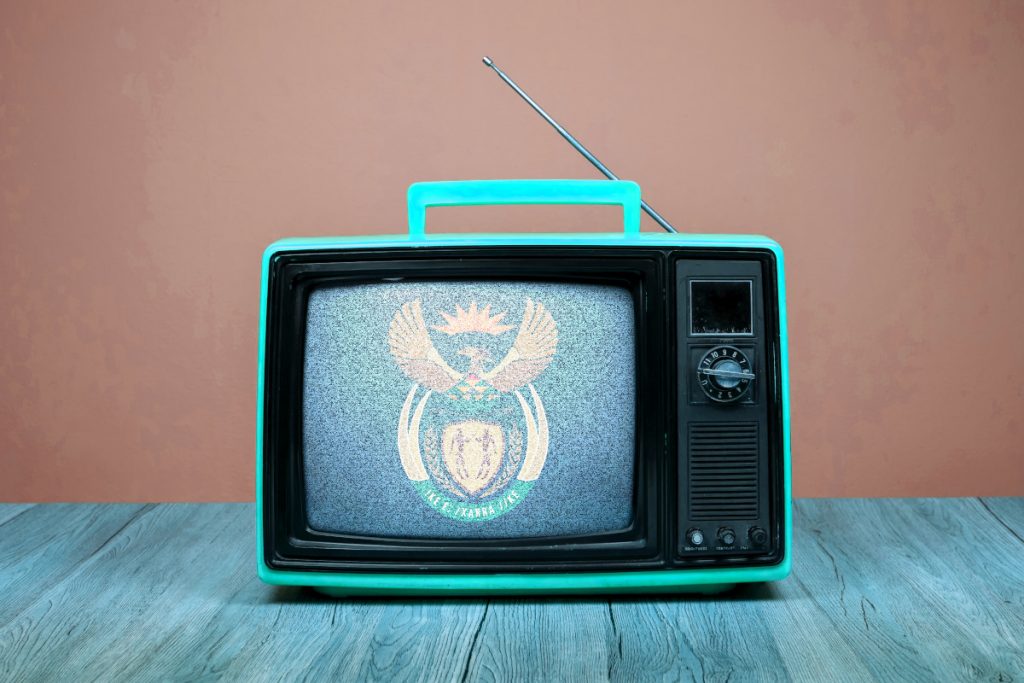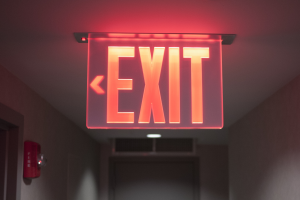SABC left out in the cold

The South African Broadcasting Corporation (SABC) is in dire straits financially, but National Treasury has refused to give it R1.5 billion in additional funding.
Despite several years of improving net losses, the group’s losses grew to R1.13 billion, according to its 2022/23 Annual Report to Parliament.
Its revenue dropped 7.9% from the 2021/22 financial years and was 27% less than budget.
Not only did its losses grow from R949 million to R1.13 billion, its cash reserves declined by R709 million – a 60% drop – compared to the R300 million in the prior year.
“The significant underperformance of revenue can be attributed to a variety of internal and external factors including but not limited to the growth in audience ratings that did not meet expectations, the impact of analogue switch off and load shedding, the inability to successfully monetise sport properties and other content and the increasing TV License evasion rate,” the broadcaster said.
In parallel, the unfunded cost of public service mandate, which was R817 million in 2022/23 financial year and government funding that comprises only approximately 3% of revenue streams also negatively impacted the financial results, it said.
Amidst this difficult financial position, Deputy Minister of Communications Phil Mapulane told the Portfolio Committee on Communications and Digital Technologies that the SABC requested R1.5 billion in additional funding from National Treasury.
He said that this was needed amid the macroeconomic environment that the SABC finds itself in, characterised by the analogue switch-off and the desire to cover the 2024 national elections accurately.
However, when Finance Minister Enoch Godongwana was drafting the Medium Term Policy Budget Statement (MTPBS), this request was not accepted.
Mapulane said that the department is still engaging with National Treasury and is hopeful that additional funding will be provided during the 2024 Budget.
New Bill
The Deputy Minister also reaffirmed concerns over the sustainability of the SABC but noted that the newly-appointed board is currently working on a turnaround plan while also talking up the new SABC Bill.
He said that the TV licence evasion rate is incredibly high – standing at 87% in the 2022/23 financial year – which negatively impacts the organisation’s public service mandate funding.
“The new SABC Bill proposes a different mechanism, which we hope will help the public broadcaster,” the Deputy Minister said.
However, the new SABC Bill introduced to parliament is incredibly vague and does not clearly state what the replacement for TV licences will be.
The Bill states that the Minister in charge must create a model within three years on how the SABC should be funded.
“The Minister must, within three years after the commencement of this Act, develop a funding model framework to ensure that the majority of the Corporations’ funding is sourced from the state-based funding mechanisms,” the department previously said.
“Before establishing the funding model framework, (the minister must) develop a comprehensive and relevant feasibility study to inform a clear business case for the Corporation’s funding model in consultation with the Minister of Finance; and consult with the Authority before the publication of the draft funding model framework for public comments.”
In the meantime, TV licenses will be sticking around – with evasion rates unlikely to improve in the near term.
Read: State of disaster declared in two South African provinces




















